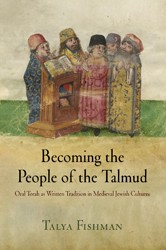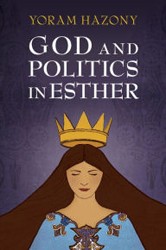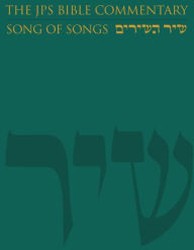Rabbi Michael Hattin, Director of the Beit Midrash for the Pardes Center Institute for Jewish Educators, contributes a volume on the Book of Joshua to the excellent Maggid Studies in Tanach series.
Adapted from Hattin’s semester-length courses on Joshua, Joshua: The Challenge of The Promised Land is accessible enough to be read as a stand-alone book, though it functions best as a companion volume to the biblical text.
In 29 chapters proceeding sequentially through the 24 chapters of the biblical book, Hattin isolates two overarching storylines. The first is that of Joshua himself growing into the leadership role he assumed as Moses’ successor, and the second is that of the Israelites rising to meet the challenge and responsibility of their national destiny through the conquest and settlement of the Promised Land. The two storylines are intertwined; the book begins just after Moses’ death as Joshua receives encouragement both from God and his new charges, still encamped in Transjordan, and concludes with Joshua’s own Moses-like valedictory address, delivered as the Israelites begin the work of settling into their newly conquered homeland.
Hattin synthesizes a modern yet firmly Orthodox approach to his subject matter. Though he is aware of contemporary archeology, he refers to it only to explain the text as we have it, not to test historical accuracy, composition, or development. Similarly, he does not make reference to modern academic biblical scholarship. Instead, he unpacks the unfolding themes of the book in the context of the Book of Deuteronomy (which proceeds it), demonstrating how the literary devices in the text refer meaningfully to other biblical passages and episodes. Throughout, he demonstrates how traditional medieval and rabbinic texts were sensitive to literary nuances, using them both explicitly and implicitly to formulate their own explanations and commentaries.
The Book of Joshua’s extensive depictions of bloody conquest — and the overall goal of displacing Canaan’s indigenous peoples — are somewhat troubling for Hattin, as they may be for any contemporary reader. Hattin’s explanation is that the Israelites’ goal of creating a morally just society based on ethical monotheism required being free of the pernicious influence of the moral relativism and injustice that essentially followed from polytheism. In other words, the Israelites were not xenophobic per se, but did what was necessary for their own self-preservation as God’s people. Though firmly situated within the classical biblical and rabbinic sources, this explanation, and the assumptions behind it, raises other troubling ethical questions, left unasked, about means and ends, as well as historical questions about the meaning of monotheism and polytheism in Joshua’s time.
Related Content:





